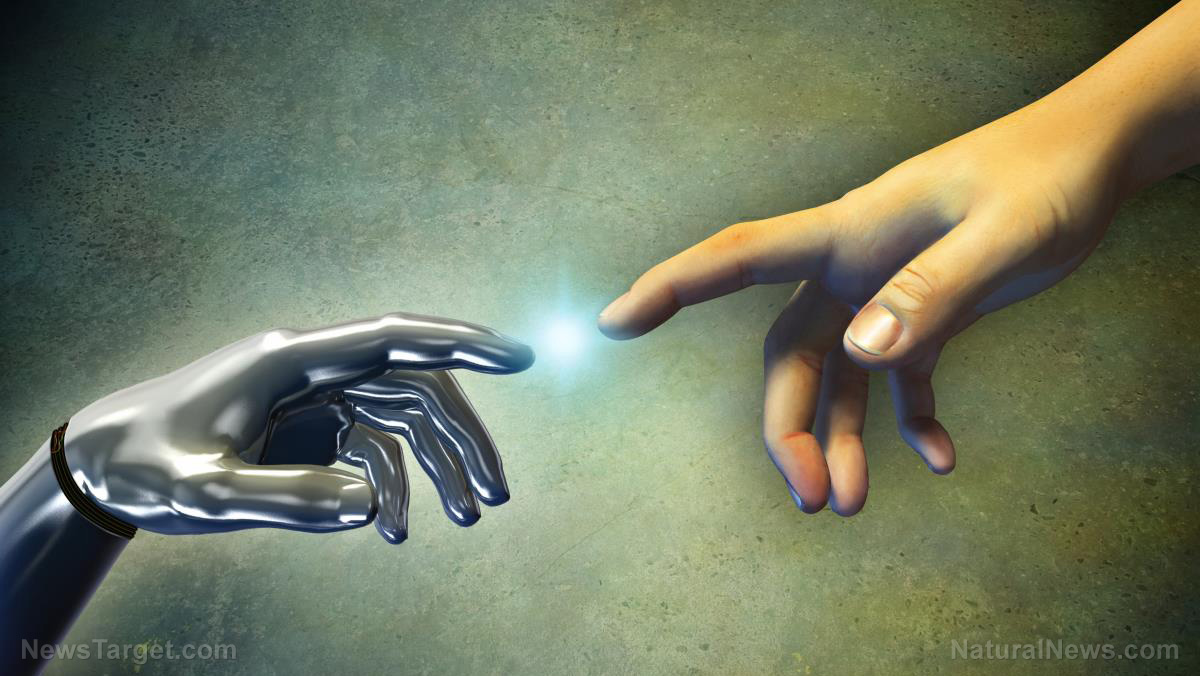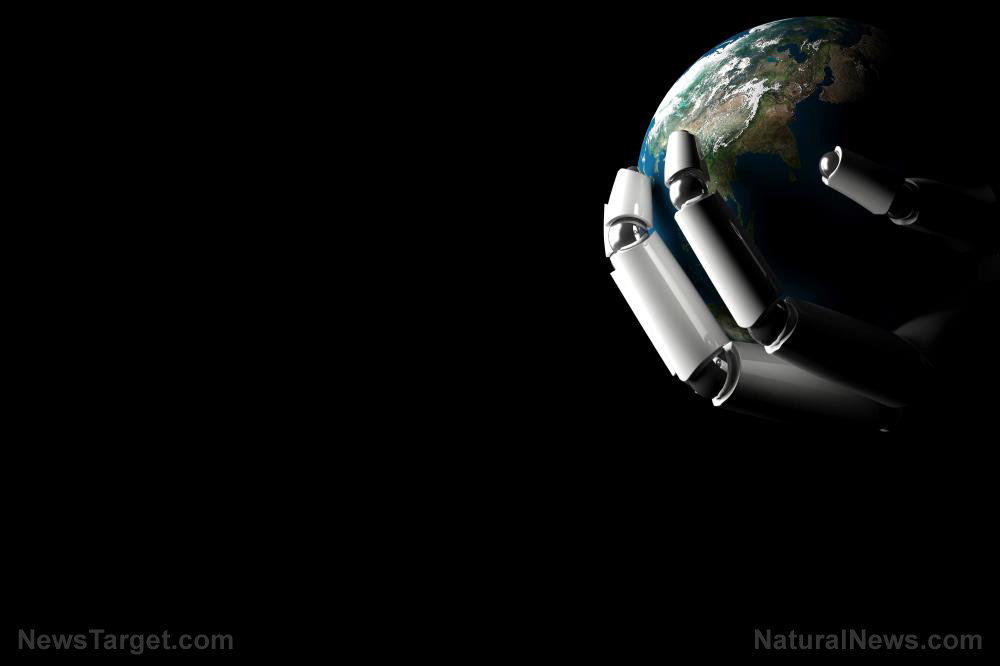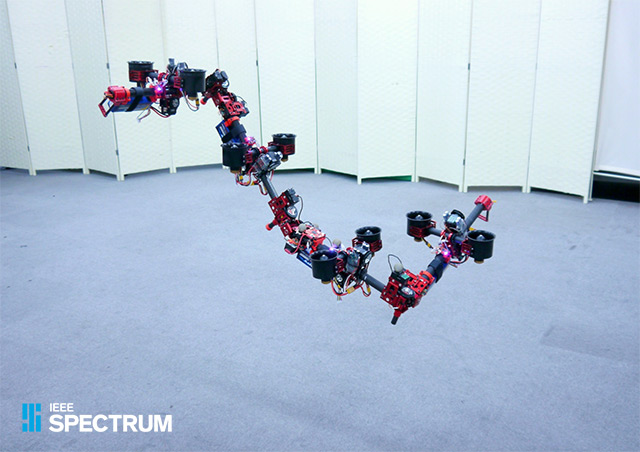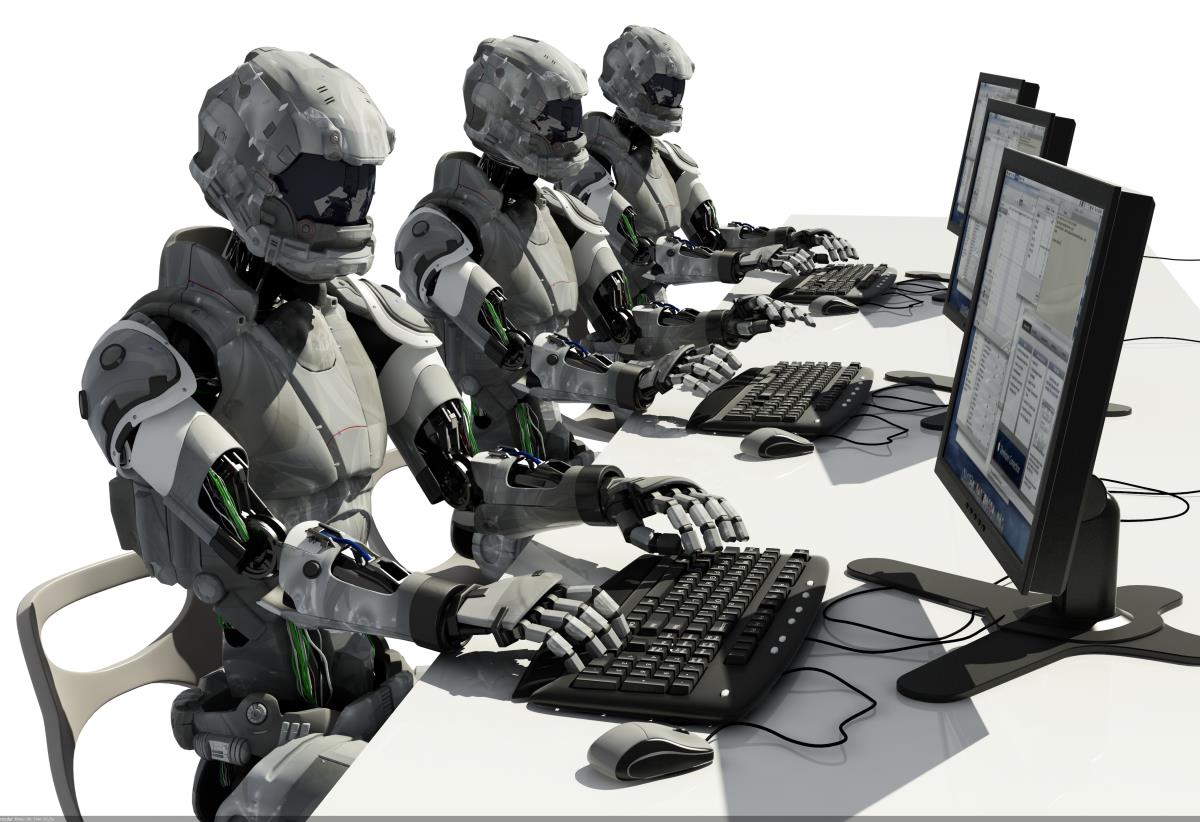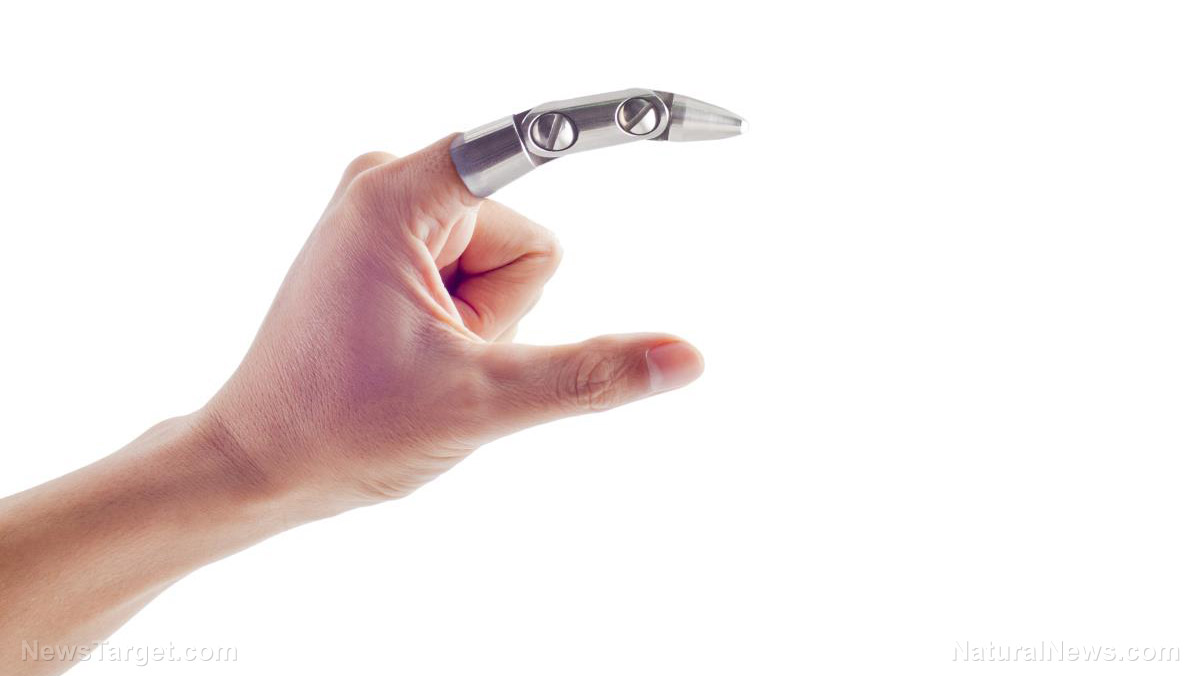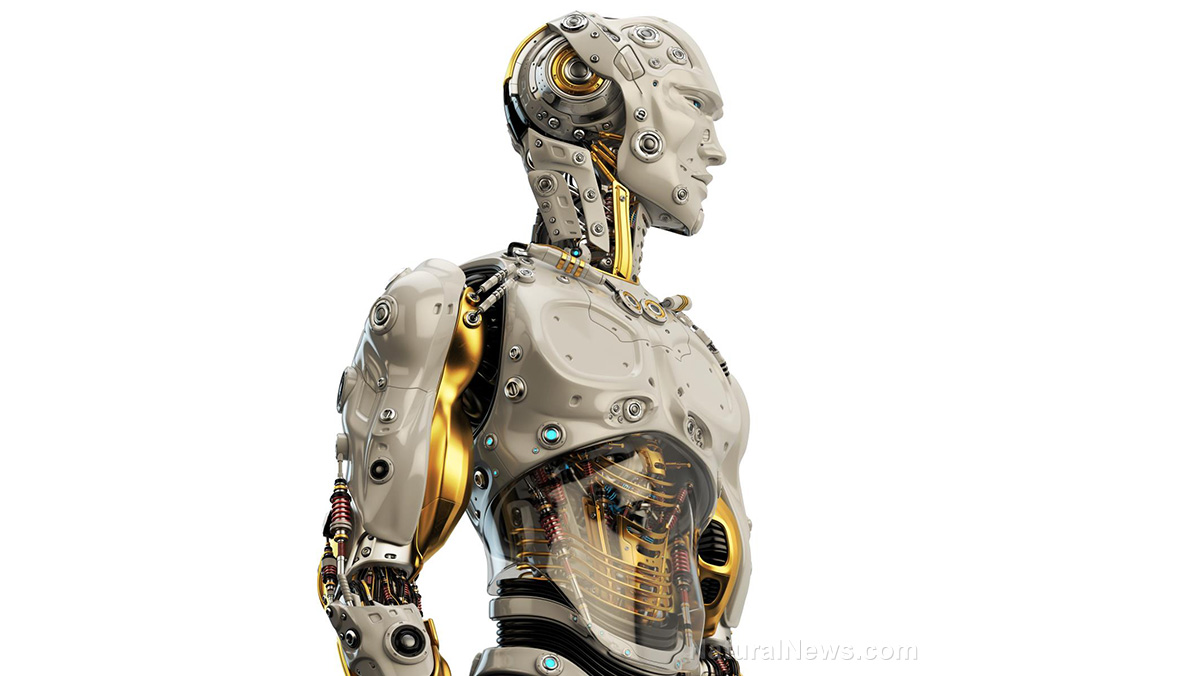NASA plans to genetically modify astronauts so they can survive the journey to Mars
10/20/2017 / By Isabelle Z.
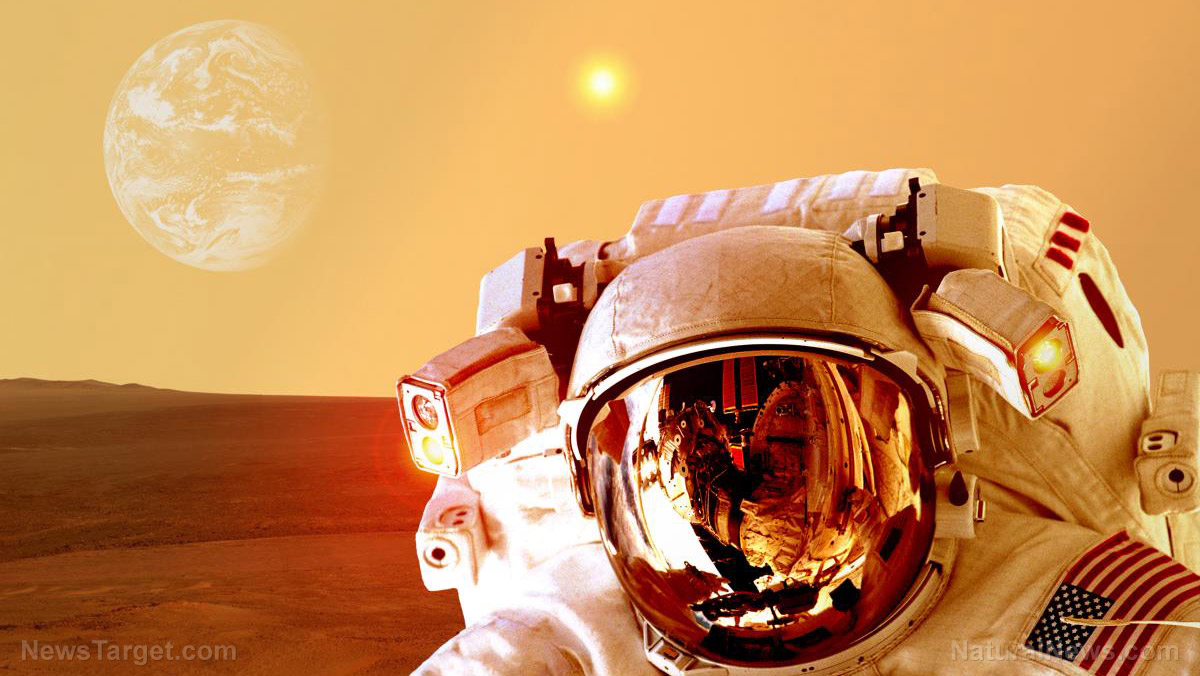
The prospect of humans one day visiting another planet has never seemed more possible than it has in recent years, but several more obstacles need to be overcome before this can become reality. Some people believe that incredible scientific discoveries could be waiting on the red planet, and NASA has recently ramped up its efforts in hopes of sending astronauts there in the 2030s.
Cosmic radiation is one of the biggest problems those who visit Mars will face, and it comes not only from the sun but also stellar explosions that occur far beyond our solar system. Particle radiation in space can collide with nuclei in human tissue, creating nuclear collisions that can create new particles and damage human cell DNA. Earth’s magnetic field generally protects us from these particles, but the astronauts headed for Mars could be exposed to them for years without protection.
Now NASA is mulling over several ways to deal with this challenge, including the use of drugs that will alter the astronauts’ DNA. They believe that this could help to repair any damage that is caused by the high-energy particles bombarding them when they visit the planet.
This approach was mentioned by Dr. Douglas Terrier, the agency’s Acting Chief Technologist, ahead of an appearance at the London Codex Innovation Summit. Armored suits and shielded plating have also been suggested as possibilities but are believed to be impractical. In addition, NASA is looking into the possibility of using artificial intelligence programs to diagnose diseases in space and even carry out robotic surgery.
However, they are also considering altering the DNA of astronauts through epigenetic modifications, which will change the way the body reads genes without affecting the underlying DNA. By altering the chemicals controlling the volume of genes, their activity can be amplified or muted as needed should something go wrong.
Dr. Terrier told The Times, “We’re looking at a range of things. From drug therapies, and those seem to be quite promising, to more extreme things like epigenetic modification all the way to manipulation.”
What are the long-term consequences of these “safety” measures?
While they believe that these approaches could help prevent cancer and other illnesses from being caused by the radiation in theory, there are a lot of questions about the safety of such approaches.
According to Dr. Terrier, four astronauts will likely be on board for the voyage in order to find a good balance between traveling lightly and staving off loneliness. The four astronauts who sign up for this mission could find themselves undergoing epigenetic modifications, and it’s anybody’s guess where that could lead.
Volunteering to head to another planet is full of uncertainties, and these people’s bodies will be subjected to elements that cannot be fully predicted. However, the prospect of genetically modifying humans brings a whole new level of complexity to the endeavor. People who volunteer to go to Mars are clearly willing to take on the risks of space travel, but the effects of human genetic modification might not be confined only to these individuals.
Besides the question of long-term safety, what could happen if any of these four genetically-modified astronauts go on to have children? How many generations would be affected by their modified DNA? Assuming these four people are able to safely return to Earth after their mission, would interactions with others put them at any sort of risk?
There are a lot more questions than answers when it comes to this approach, and even Dr. Terrier acknowledged that it would have “a lot of ethical consequences.”
Sources include:
Tagged Under: cosmic radiation, epigenetic modification, future, gene editing, genetic modification, human dna, Mars, Mars travel, NASA, radiation, space travel

